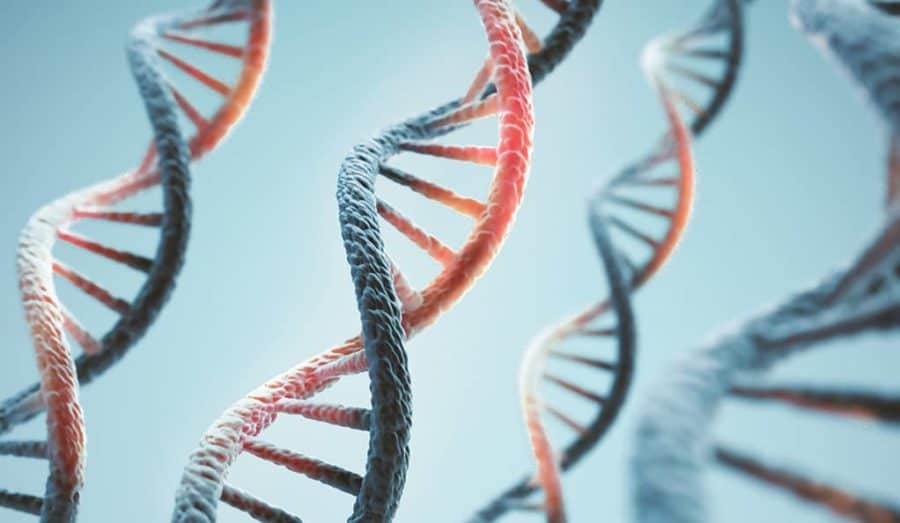As cells age, they accumulate signs of DNA damage. Breaks in both strands of the DNA molecule are especially toxic and have been linked to increased genomic instability and cancer risk with age. A new Yale study of yeast quantifies how the age of a cell affects the repair of these DNA double-strand breaks.
The Yale team — headed by lead author Thomas Young, a recent Ph.D. recipient in the Acar lab, and senior author Murat Acar, associate professor of molecular, cellular and developmental biology — studied individual yeast cells and found that the efficiency of one DNA repair pathway decreases by 23% in older cells compared to young cells. This decline in older cells seems to be caused by longer duration of the early phase of the cell cycle called G1, when cells grow in preparation for division.
“Understanding the impact of aging on DNA repair efficiency in an age-specific manner is important for the efficiency of therapeutic interventions by targeting efforts to the proper age-groups,” Acar said. The findings are reported Aug. 20 in the journal Cell Reports.


